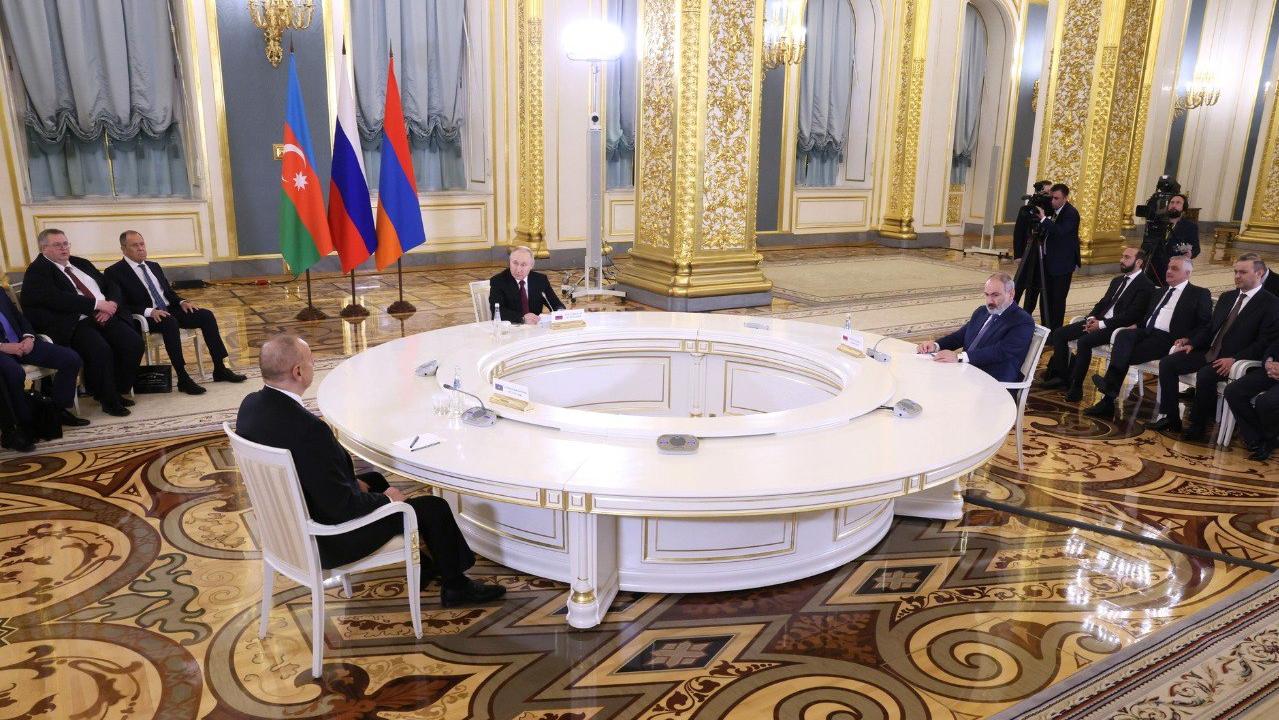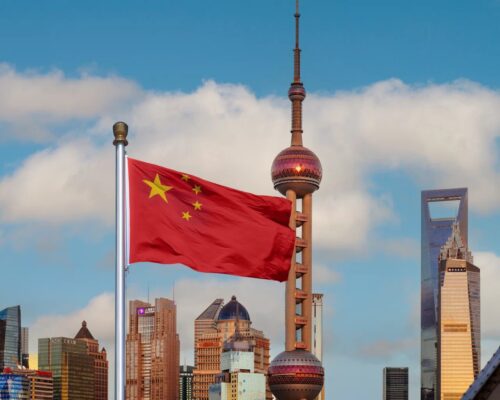
Eurasianet: Restoring relations with Russia could cost Pashinyan’s government dearly
Long-time enemies Armenia and Azerbaijan are engaged in what could be described as a “rapprochement race,” with each striving to repair strained ties with Russia. The mending of fences appears connected to maneuvering by Yerevan and Baku to gain advantages before the signing of a peace treaty, Eurasianet writes.
As noted, Armenia and Azerbaijan have acknowledged that a draft treaty text is finalized, but a signing date has not been set. Since the March 13 announcement, Azerbaijan has instead pressed Armenia to take actions–including the adoption of a constitutional amendment and agreeing to dissolve the OSCE’s Minsk Group–that Baku has set as preconditions for treaty signing.
To increase the pressure on Yerevan, Azerbaijani officials have adopted a belligerent stance, repeatedly accusing Armenia of instigating armed provocations along the border, all of them vigorously denied by Armenian authorities. In addition, Azerbaijan took steps to repair its strategic partnership with Moscow.
Bilateral ties had rapidly deteriorated following the accidental shoot-down in late December of an Azerbaijani civilian jetliner by Russian air defenses. As noted, the Armenian government over the past few days has responded with its own rushed effort to ease antagonism between Yerevan and Moscow.
Russia was long viewed in Yerevan as Armenia’s geopolitical protector, but the bilateral relationship soured quickly following Azerbaijan’s reconquest of Nagorno-Karabakh in 2023. Throughout 2024, Prime Minister Nikol Pashinyan’s government downgraded ties with Russia while moving to strengthen economic and security relations with the United States and European Union, including steps toward gaining EU membership. Baku’s belligerence, combined with concerns that the Kremlin might once again provide critical backing for Azerbaijan, seems to have prompted Armenian officials to shift diplomatic gears and curry Moscow’s favor. Pashinyan opened the charm offensive on March 14, the day after the treaty text was finalized, with an announcement that he would attend Victory Day celebrations on May 9 in Moscow. The very next day, Azerbaijani leader Ilham Aliyev confirmed he too would attend the Red Square festivities on Victory Day. On March 20, reports circulated in Russia that Pashinyan had issued instructions to Armenian government agencies to improve ties with the Kremlin.
Accordingly, the past few days have featured a bevy of high-profile contacts between Armenian and Russian officials. Top Foreign Ministry officials have had multiple conversations with their Russian counterparts to discuss the Armenian-Azerbaijani peace process, while “emphasizing the importance of political dialogue between the two countries at various levels,” according to an Armenian Foreign Ministry statement. In addition, officials have discussed expanding trade ties, while Armenia has announced that an effort to remove Russian border guards from Armenian frontier posts has been halted. In addition, Russian officials have been invited to Yerevan to discuss the resumption of broadcasts in Armenia by Russian government channels and programs. As noted, recent developments mark a sudden reversal in Russia’s geopolitical fortunes in the Caucasus. Six months ago, the Kremlin seemed on the verge of losing its powerbroker status after Armenia and Azerbaijan appeared to agree on freezing Russia out of a major future role as a provider of regional security. They likewise rebuffed Russian efforts to serve as a mediator in the Armenian-Azerbaijani peace process.
But current circumstances are reanimating Russia’s ability to influence future developments, as indicated by Kremlin spokesman Dmitry Peskov’s assessment of Armenian-Russian relations. “We are more than satisfied with such a friendly attitude of the Armenian side towards the prospects of our bilateral relations, and we are ready to develop them in every possible way,” Peskov said.
After all the maneuvering, the peace process now seems stuck at another roadblock. Azerbaijani officials continue to insist that Baku’s preconditions be met before a treaty can be signed, but Pashinyan may be less inclined to bow to Baku’s wishes now that Armenian leaders perhaps feel more confident Russia may not gang up on them. The cost for Pashinyan’s government may be steep, however. In return for Russian cooperation over the near term, Yerevan will likely have to confront the revived possibility of a lasting Russian security role on what is known as the “Zangezur corridor”. In addition, Russia is not a fan of Pashinyan’s efforts to improve Armenia’s trade and political ties with the United States and EU, and seems unlikely to support the prime minister’s “Real Armenia” vision to transform Armenian society.



